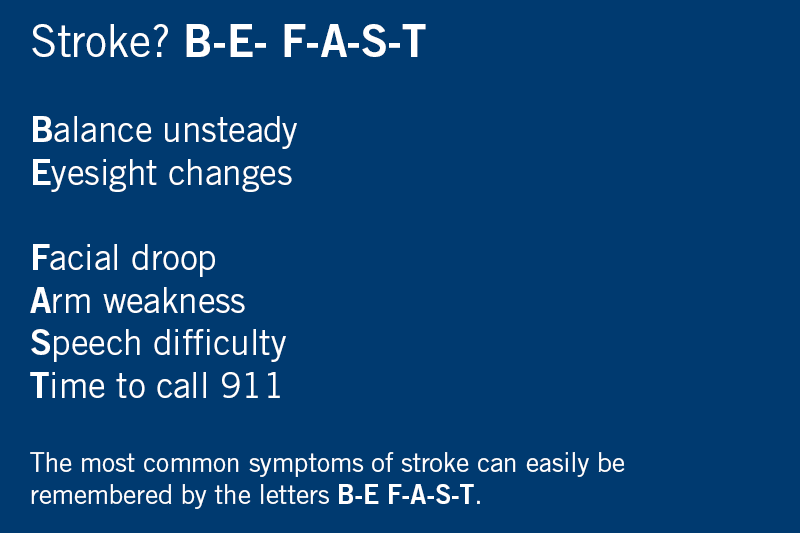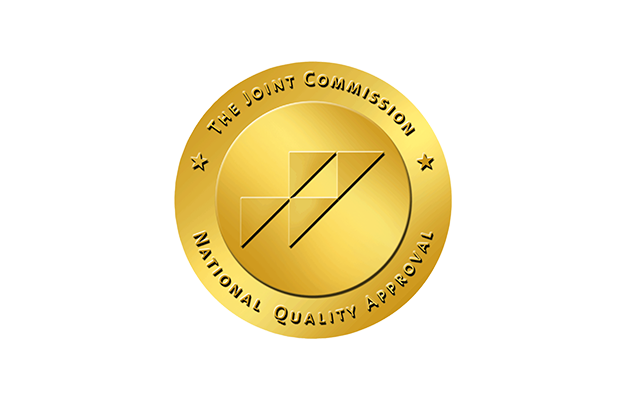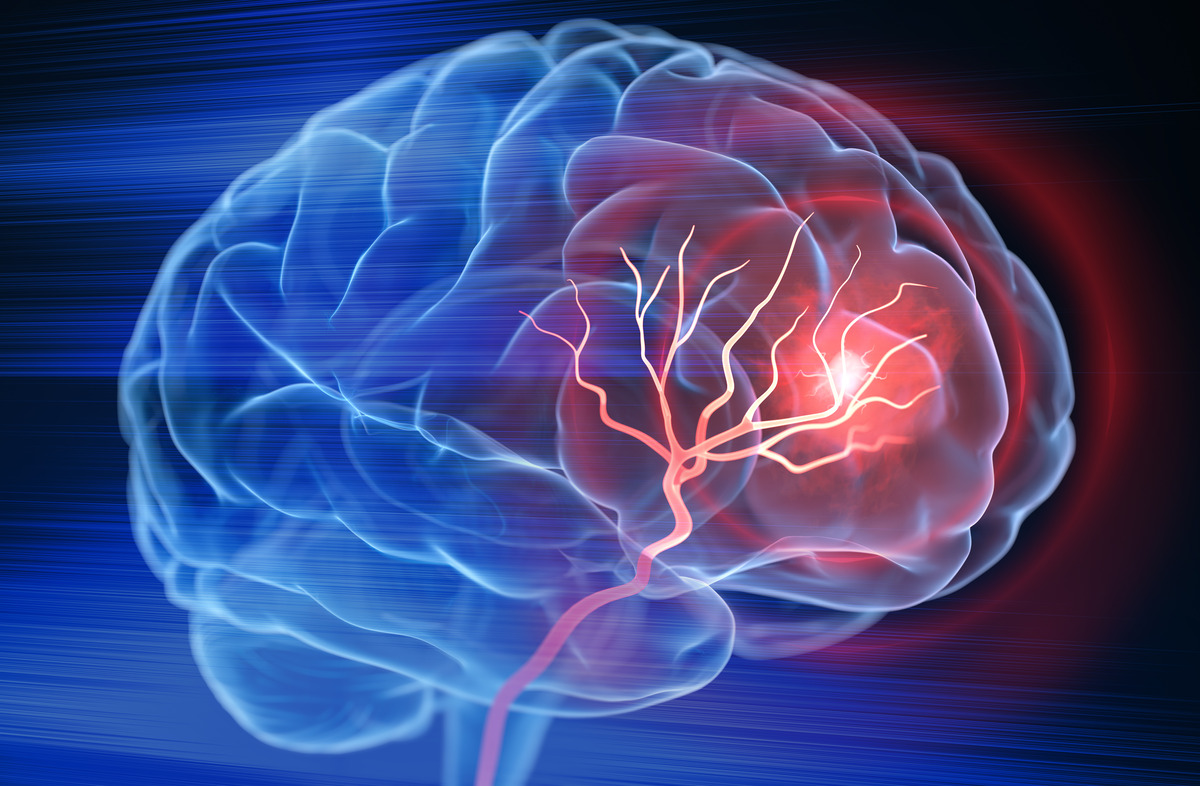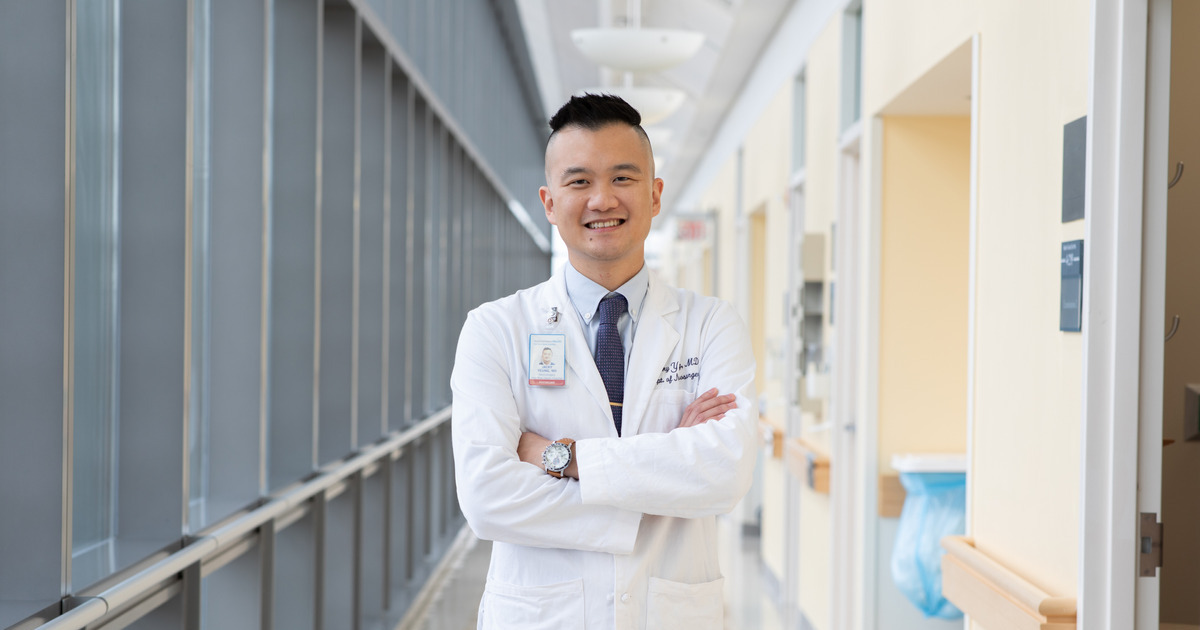The Lawrence + Memorial Stroke Center offers a specialized program committed to providing rapid, advanced and compassionate neurological care to patients with stroke.
Available 24 hours a day, the Stroke Center’s specially trained team includes neurologists, emergency medicine physicians, radiologists, nurses, clinical pharmacists, emergency medical technicians, rehabilitation therapists, speech pathologists and others.
Lawrence +Memorial Hospital is certified as an Advanced Primary Stroke Center by The Joint Commission.
This recognizes the high level of care we provide for stroke patients and their families.
Our Stroke Center uses a comprehensive approach emphasizing rapid evaluation and treatment of stroke as well as patient education toward improving the outcome and quality of life for stroke patients.
This approach includes care provided by L+M staff working with Yale New Haven Hospital’s TeleStroke program. A Yale New Haven neurologist provides remote neurologic expertise when L+M patients present with acute stroke symptoms and are deemed eligible for intravenous tissue plasminogen activator (tPA), a clot-busting drug; or interventional procedures.
As part of Yale New Haven Health, a comprehensive multidisciplinary patent foramen ovale (PFO) program is offered at Yale New Haven Hospital for adult patients at risk of a stroke or adults who have had a stroke due to a PFO.
L+M offers the only Acute Inpatient Rehabilitation program in Eastern Connecticut. The unit is certified by the Commission of Accrediting Rehabilitation Facilities and provides physical, occupational and speech therapies, as well as support and community education services. During hospitalization, physiatrists (physical medicine and rehabilitation physicians) and rehabilitation therapists meet with patients to assess needs and recommend services that benefit patients once discharged from the hospital.








